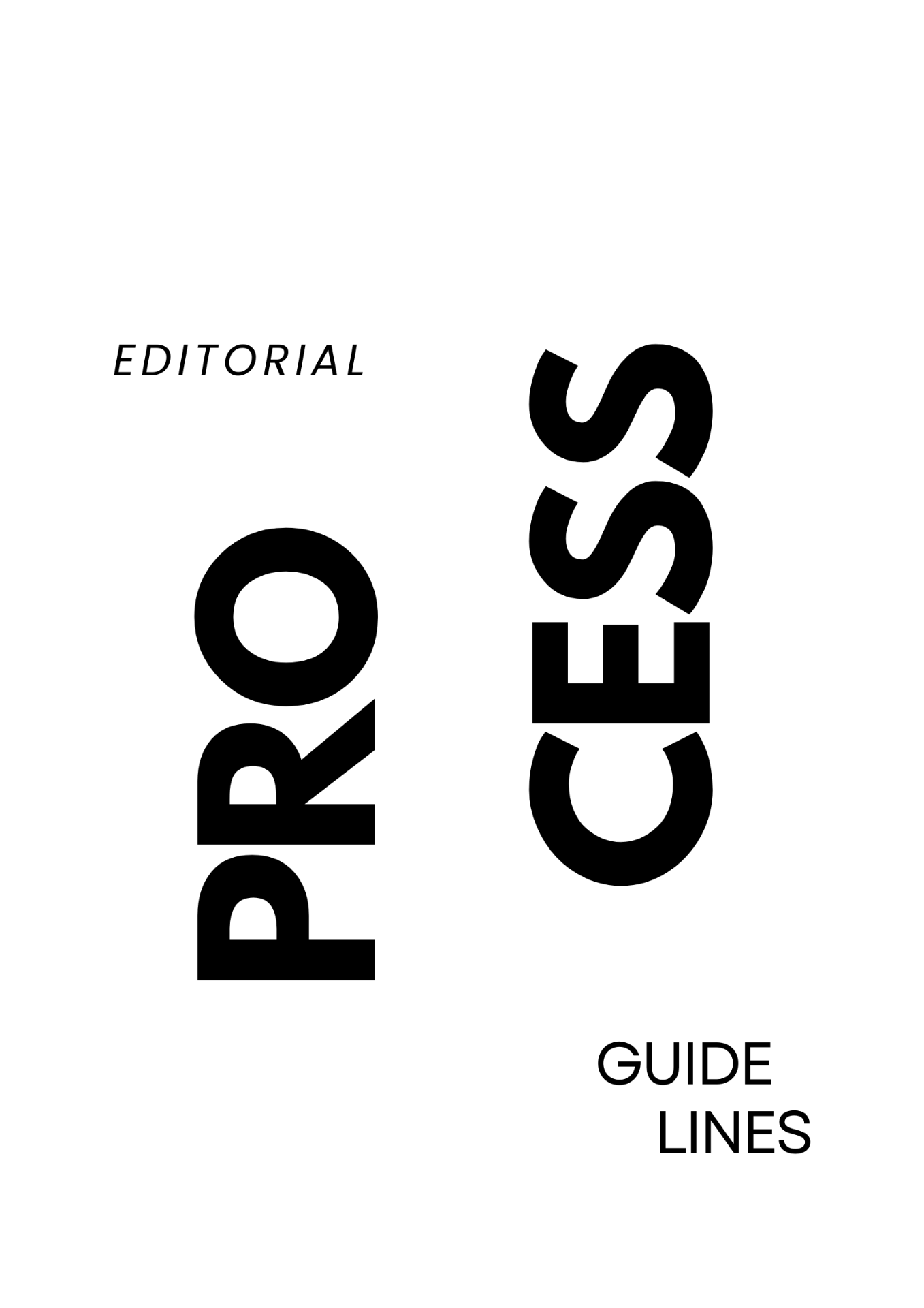
At Artesane Studio, the commitment to maintaining the highest standards of scholarly rigor and ethical integrity defines the entire editorial process. Guided by principles of transparency, accountability, and intellectual responsibility, the editorial framework unfolds across the following stages:
- Initial Screening: Each manuscript is assessed for its alignment with the magazine's scope and vision, thematic coherence, and adherence to the publication's philosophical and ethical orientation. The essays must reflect theinterdisciplinary nature and critical depth expected by the journal.
- Peer Review: All texts are subject to a rigorous peer review, conducted primarily through an invitational model, with reviewers selected based on thematic alignment and subject expertise. In certain cases, a double-blind procedure may be applied. Each manuscript is typically reviewed by at least two independent scholars — often from distinct disciplines — to reflect the transdisciplinary architecture of the work. Reviewers are drawn from the Academic Peer Review Board, which includes internationally recognized philosophers, literary critics, theologians, and cultural journalists. Manuscripts are assessed for originality, theoretical consistency, methodological soundness, and bibliographic relevance. The review process is constructive and dialogical, aiming to refine and elevate the intellectual contribution.
- Revision: The author is invited to revise their manuscripts in response to reviewer comments. While changes may occasionally be suggested — such as refining a title, restructuring dense sections, or expanding the bibliography — revisions are not applied uniformly, but tailored to the specific nature and context of each submission. The process respects the author's voice while fostering clarity, coherence, and analytic precision.
- Final Approval: The final review is conducted by the editorial team, composed of trusted external scholars and subject-matter experts. Their role includes synthesizing reviewer insights, ensuring consistency across the manuscript, and affirming its readiness for publication in accordance with the journal's academic standards.
The Academic Peer Review Board plays a central role in safeguarding the intellectual quality and ethical standards of the magazine. Reviewers are invited to participate when their disciplinary perspective deepens the thematic and methodological dimensions of a text. This model ensures that interdisciplinary contributions are evaluated through a multiplicity of critical lenses, affirming both logical coherence and bibliographic integrity across fields.
To learn more about the Peer Review Board — its areas of expertise and recent contributions — please visit the dedicated section. [Link to Board]